Prime Minister Anthony Albanese’s proposed Voice to Parliament is something that a lot of right-wing commentators want to hate, but they are struggling to find a killer blow – a neat word-picture snapshot that illustrates its fatal flaw.
Yes, the proposed Voice will likely create an entrenched labyrinth of nightmare-inducing bureaucracy that makes politics worse.
Yes, it will undermine the voice of Indigenous leaders already elected to the Commonwealth Parliament (currently there are twelve).
And yes, the complexity will be immense.
To illustrate the ethical dilemma, should author Bruce Pascoe be eligible to vote in the Voice?
He is the author of Dark Emu and has claimed to be Bunurong, Yuin, and a Tasmanian Aboriginal man, and there is footage of him participating in what looks to be a corroboree, dressed in traditional wear.
Yet, the Chairman of the Aboriginal Land Council of Tasmania has rejected his claim.
Who or what court will sort these disputes, and at what cost?
If defining Indigeneity becomes too hard and self-declaration is accepted, how is branch stacking prevented where rival mobs clamour to secure more representatives?
One concern is that the amendment will enshrine race in the founding document, although Mabo has already done that in practice.
These are all valid points, but they don’t yet amount to a killer blow. This is mainly because Anthony Albanese has already delivered it in the form of his ‘no veto’ proposal.
What he’s proposing is actually not what the Uluru Statement has asked for, not by a long way.
The Uluru Statement asserts sovereignty, noting the Indigenous population have never ceded it and that agreement-making is needed.
Think about what Albanese is doing. If successful, the proposed amendment would do three key things:
First, it would explicitly recognise Indigenous people as a race. Second, it will create a representative body, the Voice. And, third, it will then subordinate that representative body to the Commonwealth Parliament.
Subordination was not featured in the Uluru Statement, the amendment will entrench that subordination.
No amount of judicial envelope-pushing could reverse something so clear.
The Prime Minister says the Voice is a gift to the nation, a generous offer. He is verballing them.
A few days after the Garma speech, at the end of a press conference, the Prime Minister was asked about some Indigenous criticisms of his proposal.
He bristled and then warned the gathered media that they needed to act responsibly. It seems Indigenous people are getting a voice, just not quite yet.
The broader point, of course, is whether the Voice is needed or desirable.
Real progress for reconciliation will happen when large numbers of Indigenous people weave into society, like everyone else.
In my limited experience with Indigenous people, mainly men, they have struck me as having a piercing sense of humour.
This humour is probably derived from having inoculation against political sanction, so they can speak truthfully.
Many have also avoided tertiary education, so they seem to see the world with greater clarity.
One of my most memorable Anzac Days was spent in a Sydney pub with an Indigenous fella. Soon after meeting him, I was given the title of brother.
Then, as the afternoon went on, he started telling jokes. His acute language prevents me from retelling the stories in full.
One was concerned with white Canberra bureaucrats and involved the use of the ancient practice of torching vast tracks of land to round up fleeing animals.
With the second, the butt of his joke referenced uptight white feminists. The joke’s message imparted a method for making them happy, the wisdom of which I’ll take to my grave.
It is also important to note the incredible history of Aboriginal sportsmen and women. Cathy Freeman’s win in the 400m is one of Australia’s truly great sporting achievements, in line with highlights from Bradman and Lindrum.
He’s controversial, but Anthony Mundine is an extraordinary athlete and character. Lately there’s been Ash Barty.
One of my sons hero-worships Latrell Mitchell. He loves watching the guy break the defensive line at any moment, and he tells me enthusiastically the fullback sometimes just heads off to go fishing in the top end.
It is not just the sporting skill, so many Indigenous sportsmen seem to have this strong, individualistic, anti-establishment mentality that is so refreshing in our politically correct swamp.
There is a lot of talk about the need to preserve Indigenous culture, but often I think it is the Indigenous people that are now the only ones who can revive that once quintessential core cultural trait of Australians generally – known as the Larrikin.
In many ways, the bureaucratic grievance-fuelled Voice just seems the wrong direction. Having already made it a toothless tiger, the Prime Minister should take the next step and abolish the idea altogether.
Nick Hossack is a public policy consultant. He is former policy director at the Australian Bankers’ Association and former adviser to Prime Minister John Howard.
Got something to add? Join the discussion and comment below.
Get 10 issues for just $10
Subscribe to The Spectator Australia today for the next 10 magazine issues, plus full online access, for just $10.

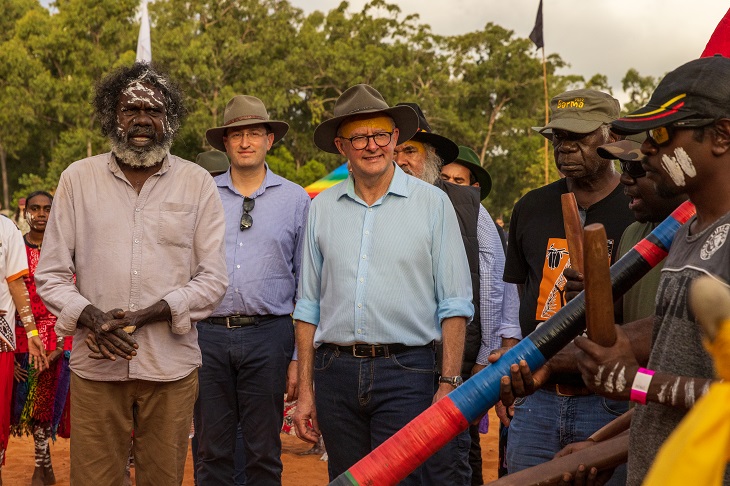
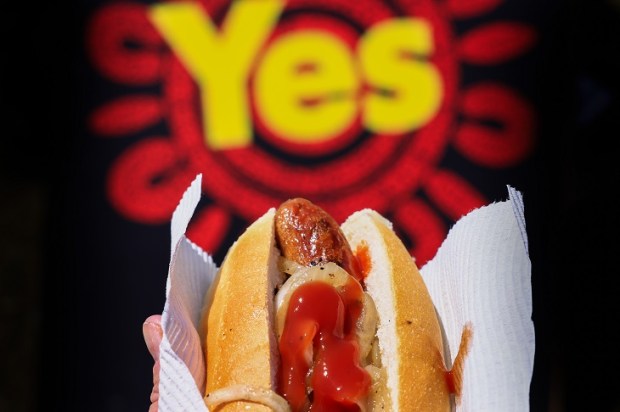



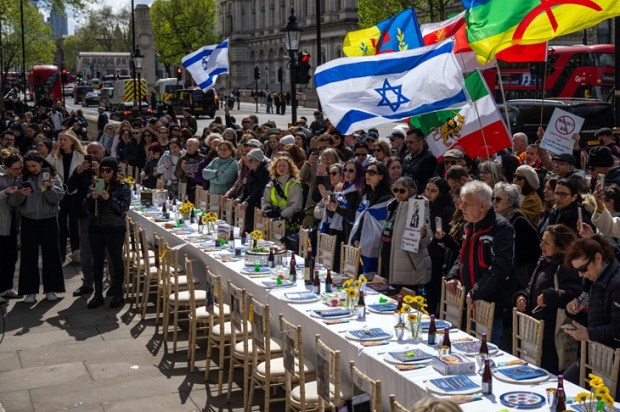









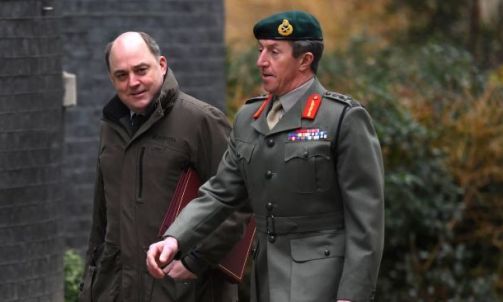
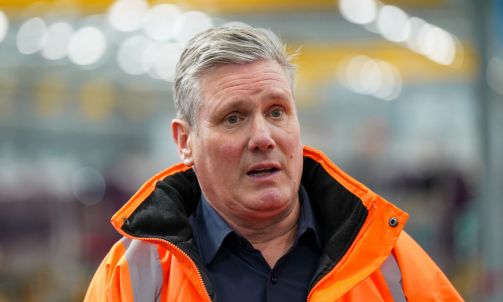
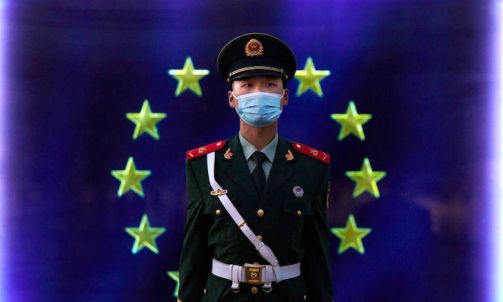






Comments
Don't miss out
Join the conversation with other Spectator Australia readers. Subscribe to leave a comment.
SUBSCRIBEAlready a subscriber? Log in